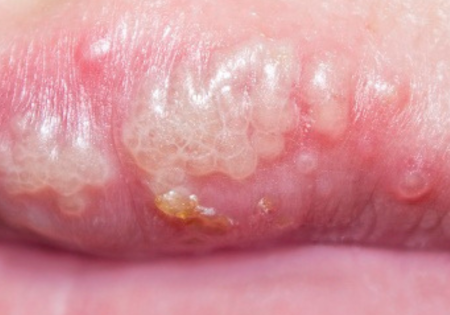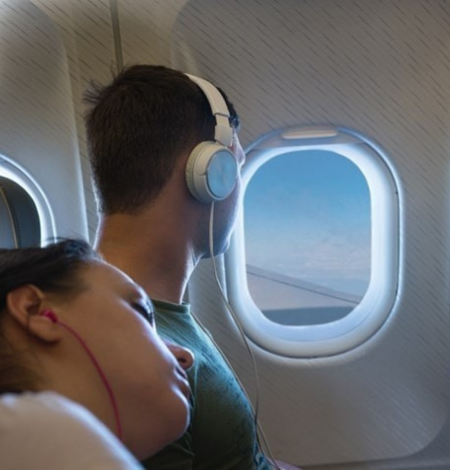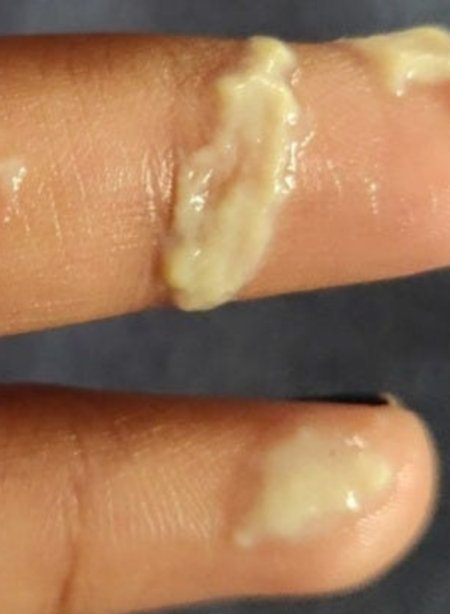Unexpectedly passing away while you’re asleep is a severe issue that needs to be looked into.
Heart arrhythmias like bradycardia or ventricular fibrillation, which can induce abrupt cardiac arrest while you’re asleep, are common reasons.
Another important issue is obstructive sleep apnea, a condition in which breathing becomes temporarily impossible while you sleep because of airway blockage. This can result in oxygen deprivation and even death.
A number of illnesses, including pulmonary embolism, congestive heart failure, and stroke, can potentially raise the chance of dying while you’re asleep.
If left untreated, sleep-related conditions like parasomnias and nocturnal seizures can occasionally have fatal consequences.
In addition, drugs, alcohol, and substance misuse can exacerbate pre-existing medical issues or impair breathing, which can result in sleep-related deaths.
An individual’s propensity to unexpected death during sleep is mostly determined by age, genetics, lifestyle variables, and general health.
Preventing sleep-related mortality and improving outcomes need early symptom assessment, accurate diagnosis, and prompt management.
It’s critical to get medical assistance as soon as possible for a proper examination and management of any indications or symptoms that can point to a possible risk of mortality while you sleep.







